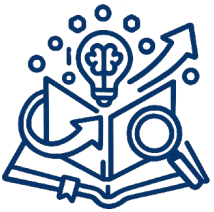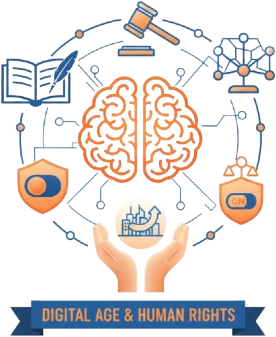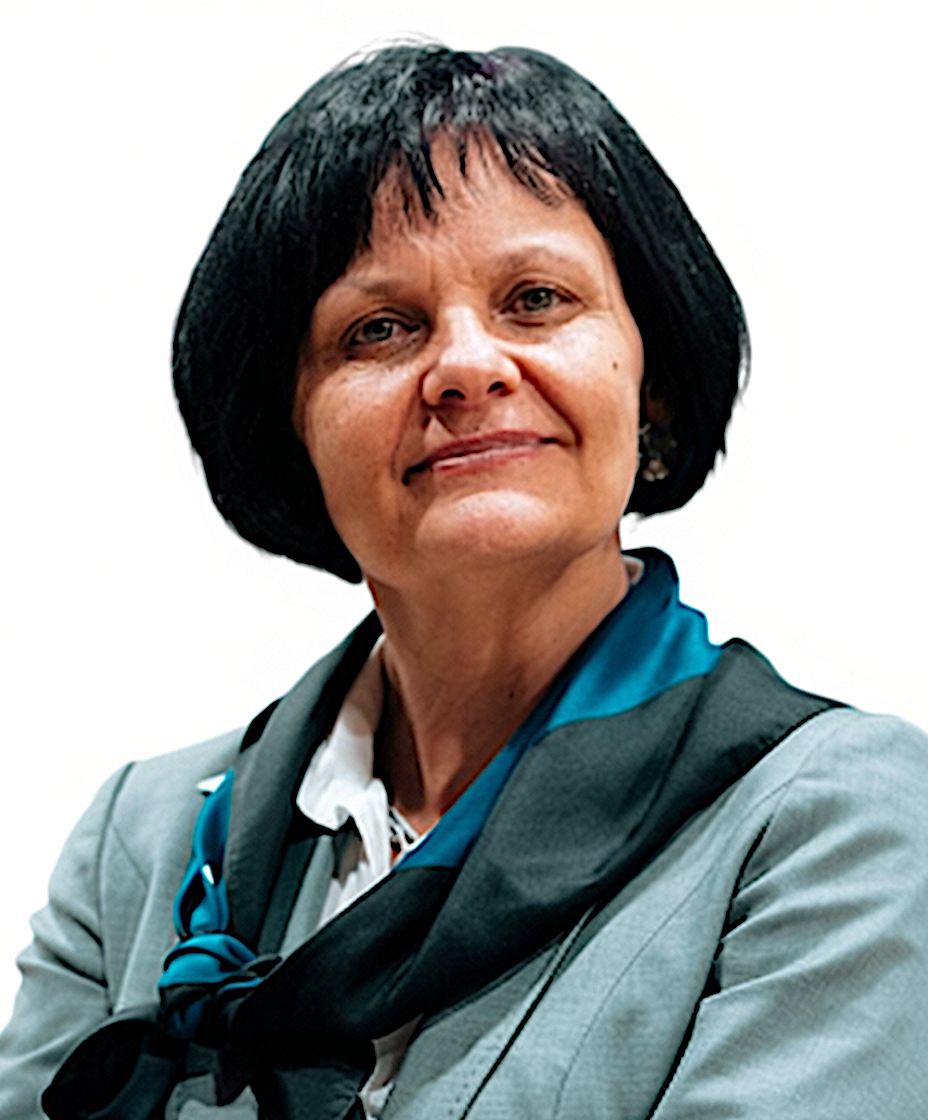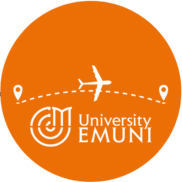Master Study Programme
Digitalisation and Human Rights
2 years — 120 ECTS

"Almost 5000 cyber attacks a day. Disinformation obscures the truth. Artificial intelligence is already influencing what we see, where we work and how we are treated – but its impact often remains hidden. This MA Programme provides the understanding and the tools to steer technology for the benefit of society." — Maja Pucelj, Program Director
Duration: 4 semesters / 2 years
Credits: 120 ECTS
Title: Master of Arts (Slovenian title: magister/ magistrica digitalizacije človekovih pravic)
Mode of study: part-time, blended learning
Location: Piran
Start dates: October
120 ECTS, 2 years, English-taught
120 ECTS, 2 years, English-taught
Complete a robust study programme delivering essential knowledge blending interdisciplinary fields from technology to ethics.
Accredited by EMUNI University, Slovenia
Accredited by EMUNI University, Slovenia
Recognized university accreditation assures quality, regional relevance, and international standards for your degree.
Hybrid of technology, law, and ethics
Hybrid of technology, law, and ethics
Explore the interaction of multiple disciplines for a complete understanding of digital human rights challenges.
Why Study Here

Understand how digitalisation shapes society
▸
Learn from international experts and practitioners
▸
Gain tools to protect digital human rights
▸
Be future-ready for AI, governance, and ethics challenges
▸
Programme Overview
Interdisciplinary Focus
The programme aims to go beyond classical frameworks, deepening understanding of the intersection of technology, law, philosophy, and social sciences. It is specifically tailored for students in philosophy, political science, economics, law, ICT, social sciences, journalism, and information sciences, as well as anyone interested in critically examining the social, ethical, and cultural challenges of the digital age.
Professional Preparation
Students develop knowledge and skills for an in-depth professional understanding of digitalisation and [translate:človekovih pravic] as well as principles of ethical conduct in the digital world. The programme empowers and equips future professionals for development, innovation, and research in digitalisation, digital ethics, and human rights.
Target Graduates
This programme is tailored for graduates from social sciences, ICT, law, and humanities, preparing them for effective work in rapidly changing technological environments.
What You’ll Learn
Year 1 Courses
Year 2 Courses
| # | Course name | ECTS |
|---|---|---|
| 1 | Artificial intelligence and society | 6 |
| 2 | Digital policies and global governance | 6 |
| 3 | Gender and digitalization | 6 |
| 4 | Elective course 2 | 6 |
| 5 | Elective course 3 | 6 |
| 6 | Master thesis | 30 |
Elective Courses
Career Opportunities
 Digital policy analyst
Digital policy analyst
 Data ethics consultant
Data ethics consultant
 NGO project officer
NGO project officer
 Researcher or PhD candidate
Researcher or PhD candidate
Tuition and Scholarships
Scholarships available for outstanding applicants.
Application for scholarship possible during enrollment.
Meet the Faculty
Admission Requirements
Bachelor’s degree in a related field
Candidates must hold a Bachelor’s degree in disciplines related to the program, including social sciences, law, ICT, humanities, or equivalent fields exploring digitalisation and human rights.
Proof of English proficiency
Applicants should provide valid English language proficiency documentation or evidence of prior education conducted in English.
Interview (if required)
Certain candidates may need to participate in an interview or assessment to evaluate suitability for the program during the admission process.


























